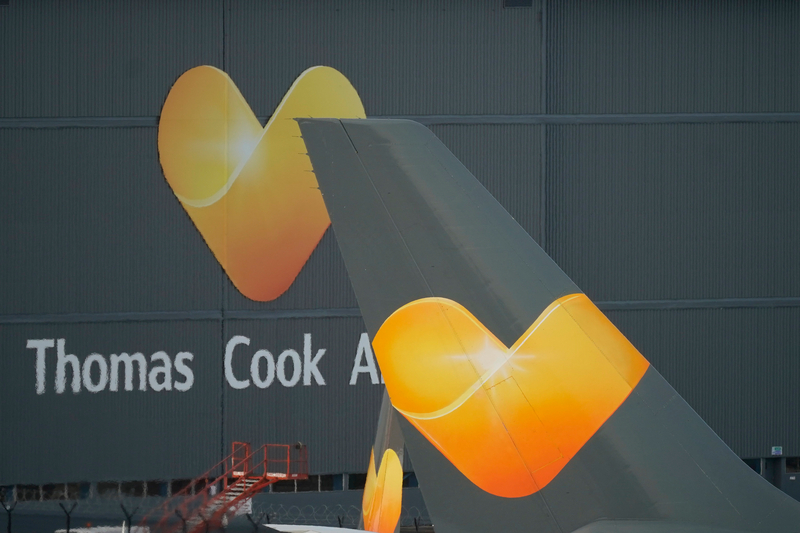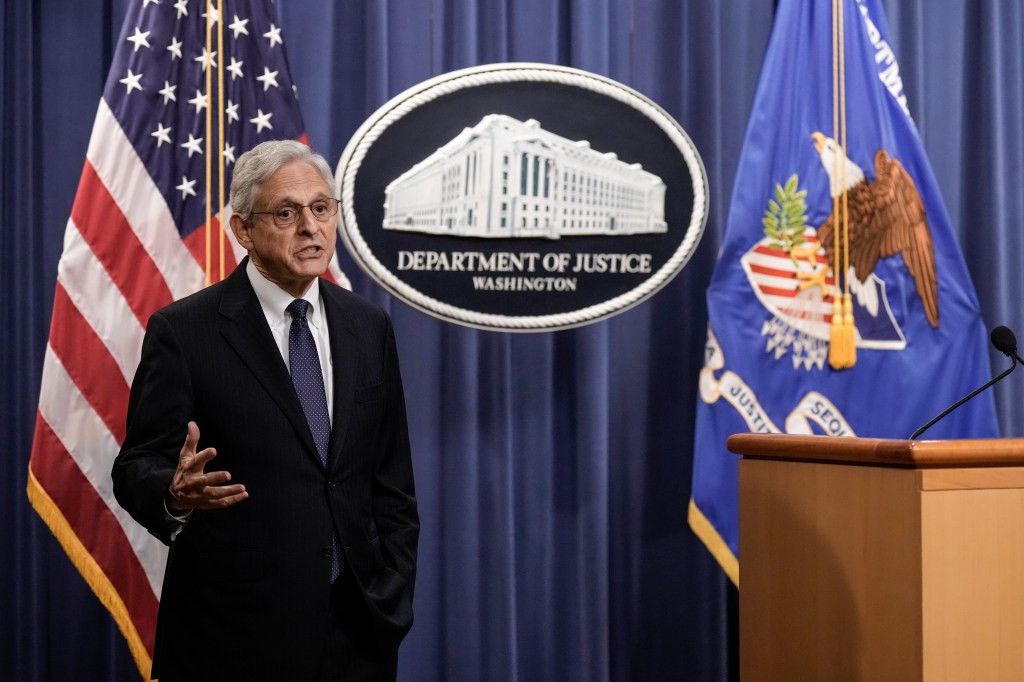The US Department of Justice (DOJ) named its first artificial intelligence (AI) officer yesterday amid growing concerns over the impact of the new technology on the criminal justice system.
The DOJ named Jonathan Mayer, a Princeton University assistant professor who focuses on national security, consumer privacy and criminal procedures, for the role. He will serve in the DOJ’s Office of Legal Policy as Chief Science and Technology Advisor.
Additionally, in accordance with the President’s Executive Order on the Safe, Secure, and Trustworthy Development and Use of Artificial Intelligence, Attorney General Merrick Garland designated Mayer as the Justice Department’s first Chief AI Officer.
In that role, Mayer will work on intra-departmental and cross-agency efforts on AI and adjacent issues. He will also lead the Justice Department’s newly established Emerging Technology Board, which coordinates and governs AI and other emerging technologies across the DOJ.
“Jonathan’s expertise will be invaluable in ensuring that the entire Justice Department is prepared for both the challenges and opportunities that new technologies present.”
Attorney General Merrick Garland
“The Justice Department must keep pace with rapidly evolving scientific and technological developments in order to fulfill our mission to uphold the rule of law, keep our country safe and protect civil rights,” Attorney General Merrick Garland said.
Mayer’s background
Mayer, who holds a law degree and a Ph.D. in computer science from Stanford University, will be the leader of a newly forged Emerging Technology Board, set to advise the DOJ on matters relating to cybersecurity; AI, including ethical concerns; and other areas of emerging technology. The professor, who has worked for the Federal Communications Commission, will also be responsible for spearheading the DOJ’s technological capacity-building efforts and bringing in more technology experts.
“Jonathan’s expertise will be invaluable in ensuring that the entire Justice Department – including our law enforcement components, litigating components, grantmaking entities, and U.S. Attorneys’ Offices – is prepared for both the challenges and opportunities that new technologies present,” Garland said.
AI as disruptive technology
In a speech in the UK last week, Deputy Attorney General Lisa Monaco referenced the work of the DOJ’s Disruptive Technology Strike Force, which she launched a year ago to strike back against adversaries trying to steal America’s most advanced technology. Monaco described AI as the “ultimate disruptive technology” and reiterated her earlier announcement at the country’s Oxford University that, whenever appropriate, the Justice Department will seek stiffer prison sentences for criminal offenses made significantly more dangerous by the misuse of AI.
In her remarks in Britain, Monaco also announced “Justice AI,” which will convene individuals across academia, science, industry, and foreign counterparts to ensure that the DOJ accelerates “AI’s potential for good while guarding against its risks”. She reminded businesses that, with respect to enforcement, existing laws can be applied to misuse of AI without need for separate AI laws: “Discrimination using AI is still discrimination; price fixing using AI is still price fixing; and identity theft using AI is still identity theft”.













